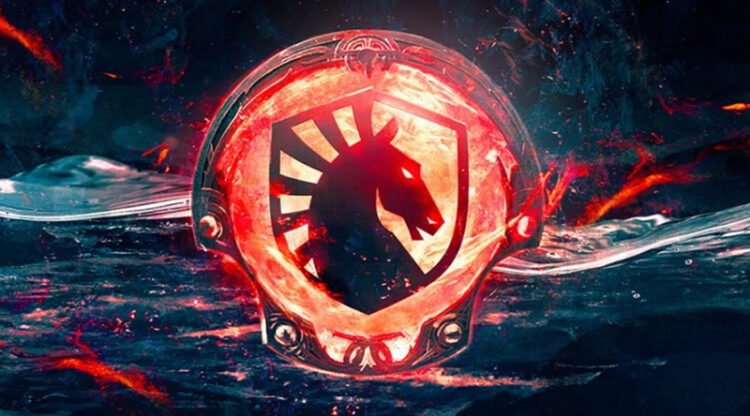Esports organization Team Liquid issued a lengthy statement via social media Tuesday addressing its past and future participation in ESL and BLAST events taking place in the Middle East. The latest statement (the company made an interesting one in April of this year after the ESL FACEIT buyout by Savvy Games Group) promises a number of initiatives to support LGBTQ+ charities including donations of some prize money, and assurances that it is working with tournament organizers to guarantee the safety and security of players and staff—no matter how they identify—while having to participate in these events.
Team Liquid opens its statement with the following: “This year, we competed in Saudi Arabia and will also compete in the UAE. We are members of the Louvre Agreement alongside ESL [FACEIT Group], a company acquired by Saudi Arabia’s Savvy Gaming Group. We would like to clearly convey our stance on this.”
But at the heart of the statement is this: The organization will participate in these events, and by not doing so, it claims, it would mean it might have to leave a particular esports scenes altogether. Full statement below:
Dear esports community,
We work hard to be an increasingly inclusive for our players, many of whom may have short careers and few guarantees. In some cases, Team Liquid must compete in these events to stay in certain esports. An outright boycott might not only end careers, it could end our involvement in some esports entirely.
Here’s what we are doing:
First and foremost: We are giving $22,500 USD to Rainbow Railroad directly from our funds. This is 50% of our organization’s share of the prize cut from recent events we’ve attended in Saudi Arabia.
-For the upcoming BLAST World Finals in the UAE, we will also donate an amount equal to 50% of the organization's portion of the prize to Rainbow Railroad as well.
-We will work with BLAST for safety guarantees for all players and staff at the event regardless of gender or how they identify.
We are also continuing to work with ESL and Louvre teams on a list of commitments including but not limited to:
-Safety guarantees at events for all players and staff at ESL events, regardless of gender or how they identify.
-Continuing and extending initiatives that ESL has for LGBTQ+ community (#GGFORALL) and for women in gaming.
-Protecting ESEA and FPL player data.
We understand that this may not be enough for some of you and we respect that more than you can imagine. We understand that the silence leading up to this message was an uncomfortable one but we promise you we never lost sight or focus on this issue. We hope other organizations will suit as much as they are able and that the esports community continues to fight for a competitive scene that welcomes everyone.
Savvy Gaming Group’s acquisition of tournament organizers ESL and FACEIT (SGG is funded by the Saudi government’s Public Investment Fund, or PIF) has put many esports organizations in North America, Europe, and other regions in a precarious position as they are forced to weigh values/human rights against making a living. With many events being held in the Middle East, organizations are having to make hard decisions: stand up against governments where (in some cases) it is illegal to be transgender or gay, or lose hundreds-of-thousands or even millions of dollars in revenue.
But this is not some new moral conundrum for teams who attend events in other regions of the world or at least participate in events run by Chinese companies like Tencent Holdings, which owns Riot Games (Valorant, League of Legends, Teamfight tactics) and has investments in Activision Blizzard (Call of Duty, Overwatch), Ubisoft (Rainbow Six Siege), and Epic Games( Fortnite, Rocket League)—some of the biggest stakeholders in esports. The Chinese government is accused of human rights violations, suppression of free speech, and other nefarious acts against its citizens almost on a recurring basis.
Team Liquid is one of the first to make its position public, unlike many of the other esports teams—but how that is accepted by fans and the esports community at large remains to be seen (early response to this statement suggests not so well). One positive aspect is that the safety and security of those individuals in its organization who have to travel to this region is front-and-center in Team Liquid’s announcement. At the end of the day, participating organizations and tournament organizers must to take full responsibility in keeping employees safe and secure when working abroad.
As for future esports events in the Middle East, expect this—like professional sports—to become a regular occurrence as hundreds of millions or even billions of dollars pour into the sector. One example of this is an announcement in September by Saudi Crown Prince Mohammed bin Salman bin Abdulaziz Al Saud (MBS) in which he revealed his government’s intention to implement a new initiative called the “National Gaming and Esports Strategy.” That initiative aims to make Saudi Arabia a global hub for esports and gaming by 2030 and generate billions of revenue for the country.
